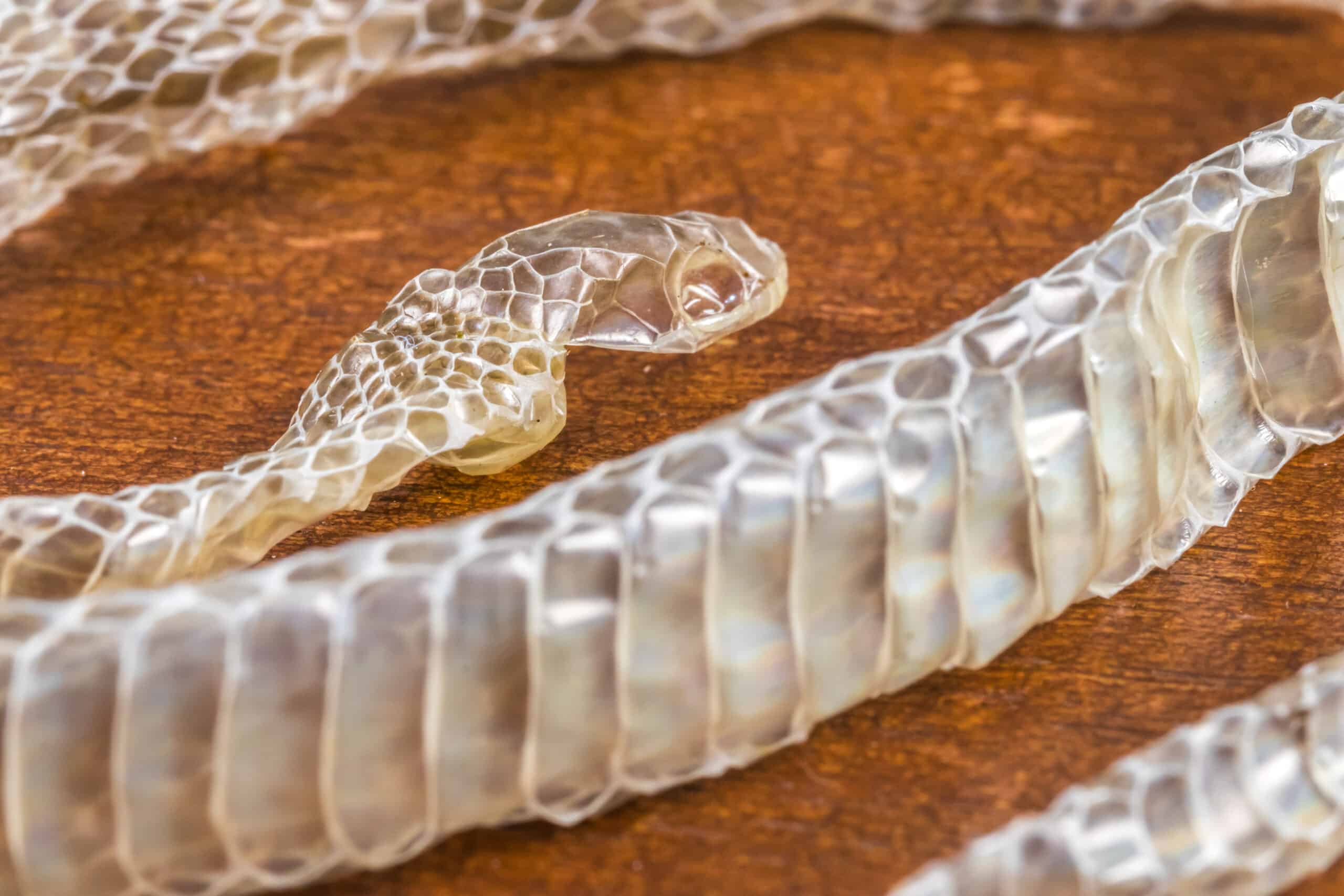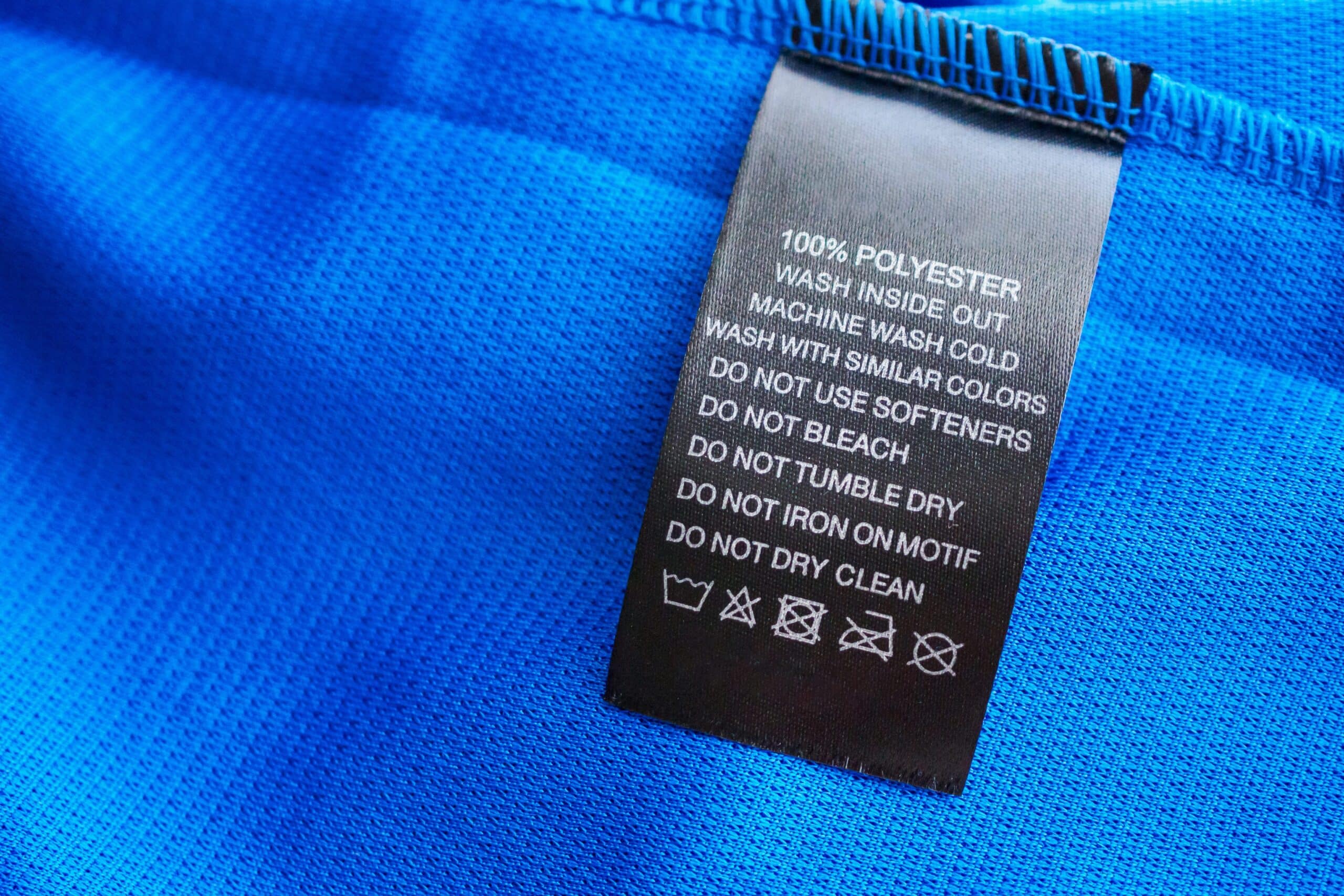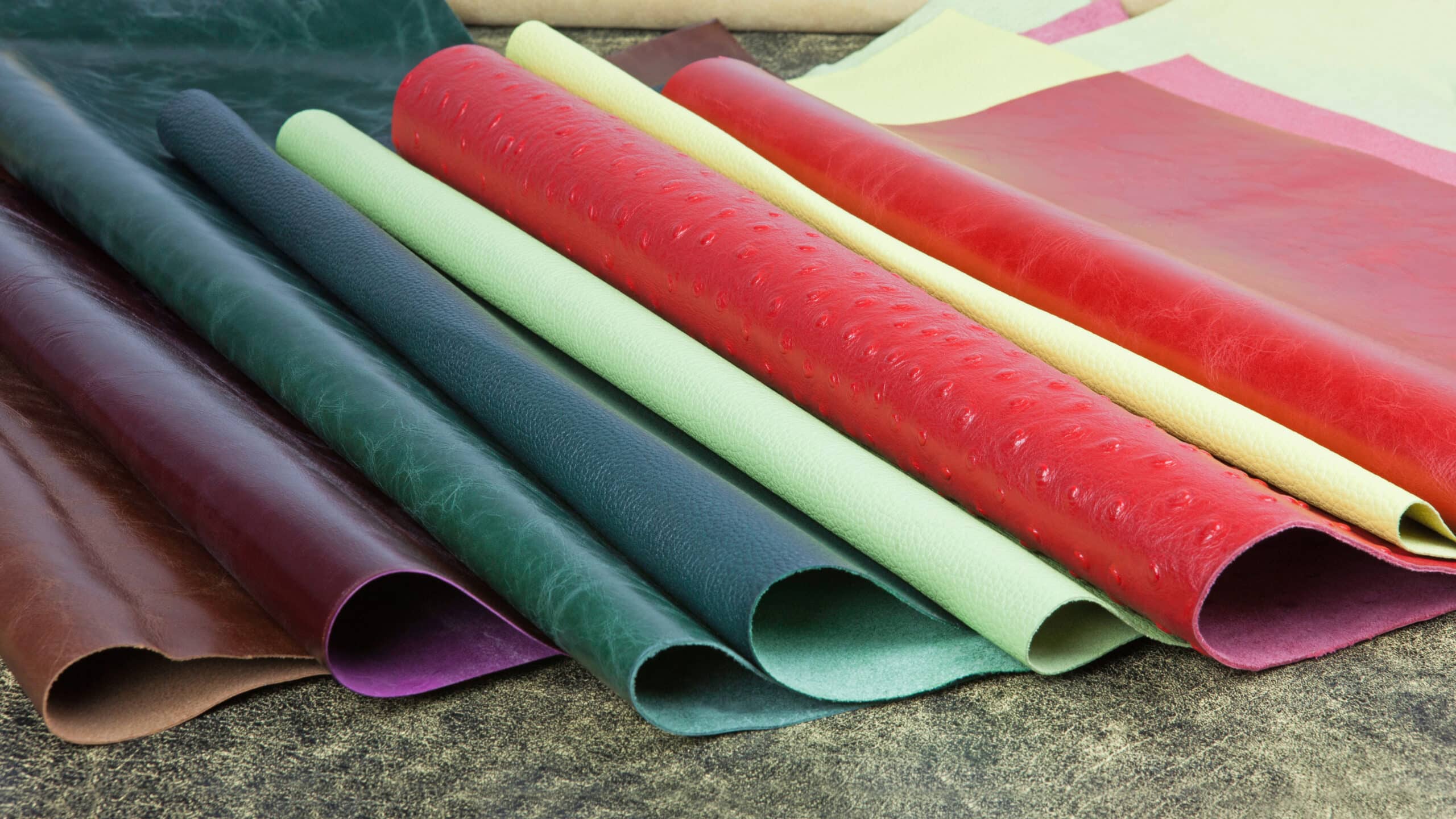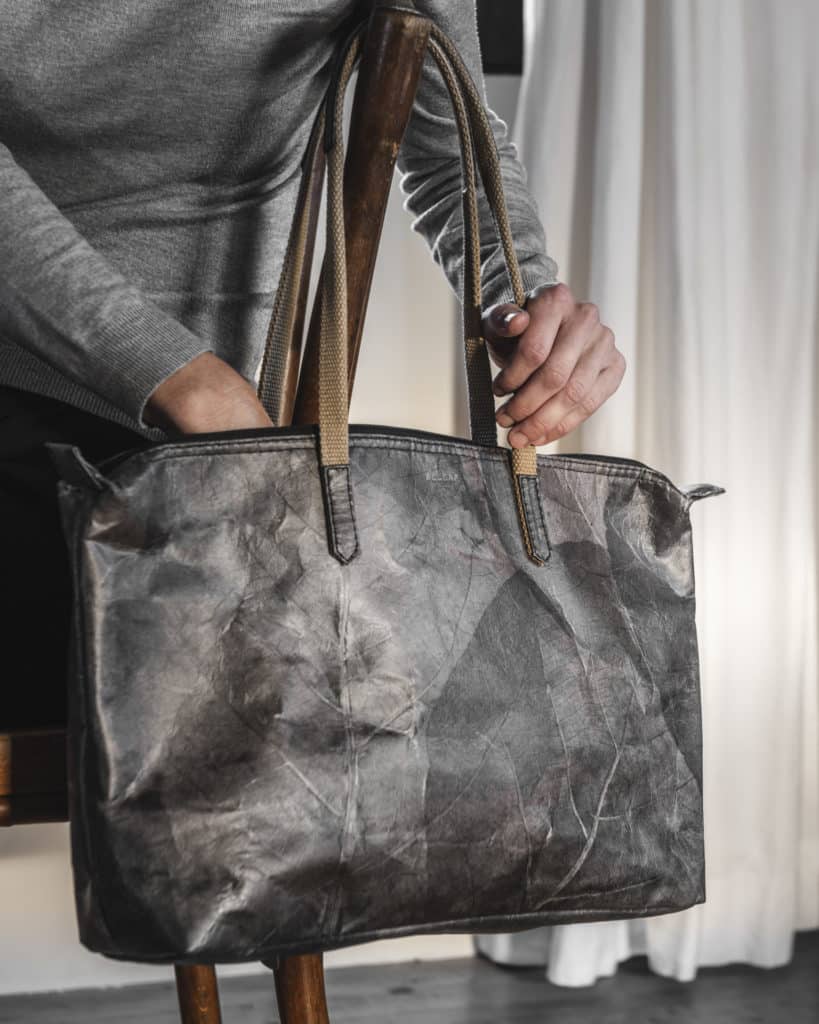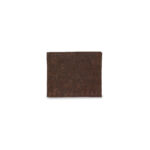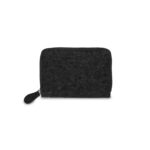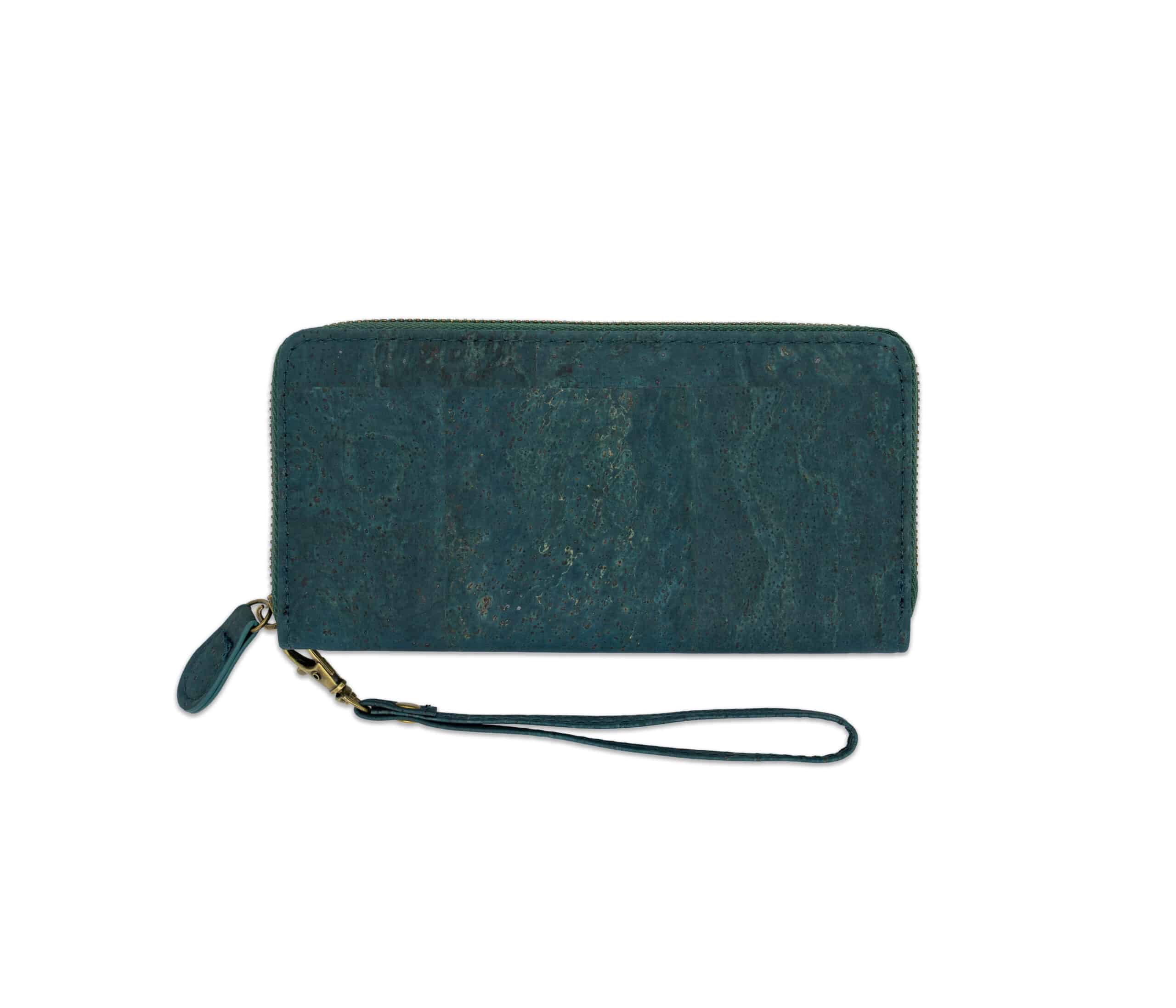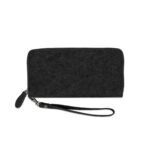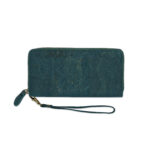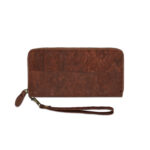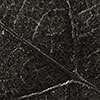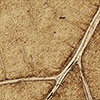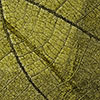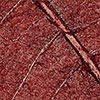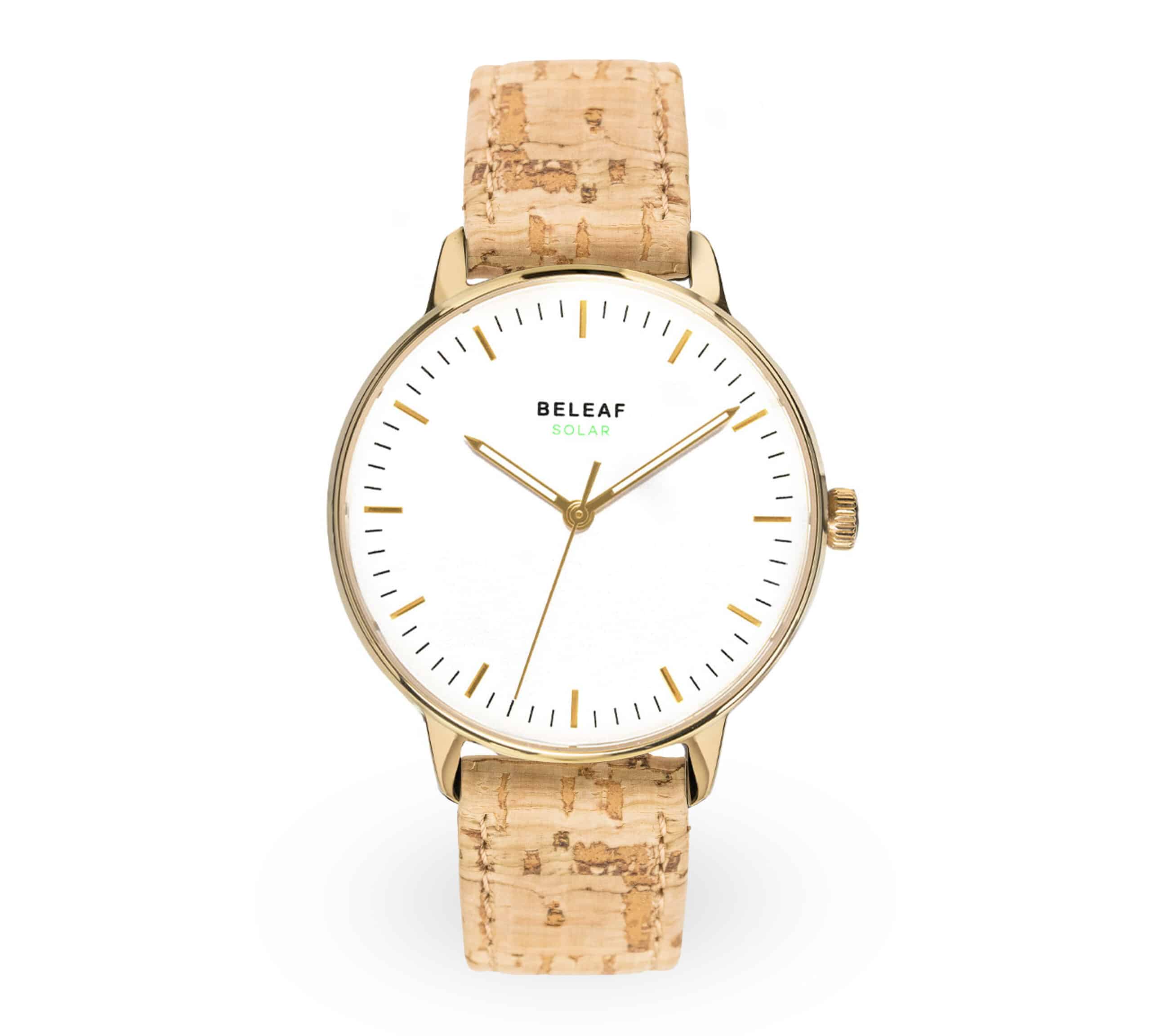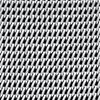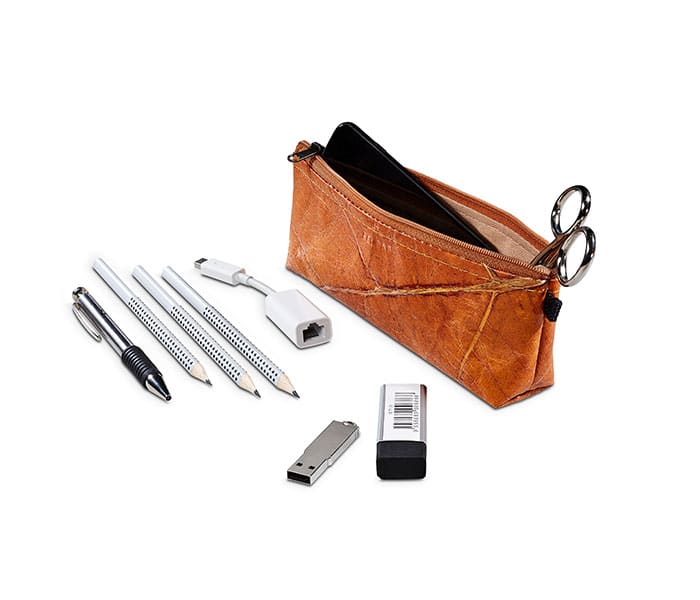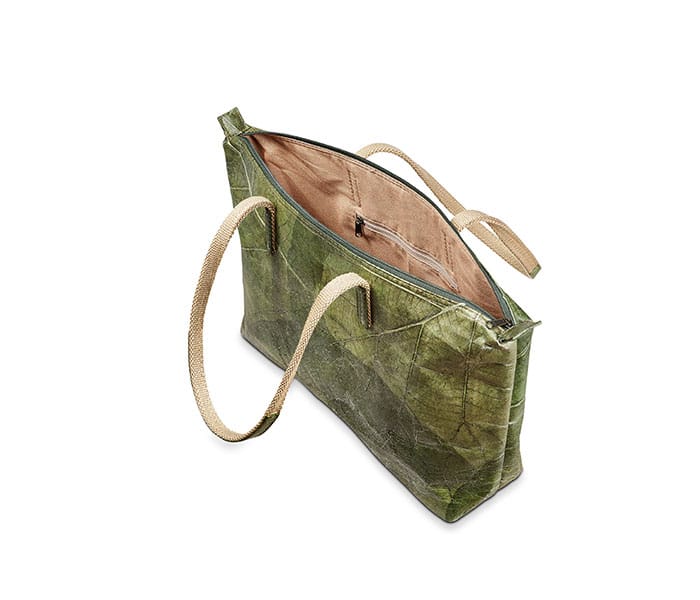Cork is playing an increasingly important role in the world of sustainable materials. Its versatility and environmentally friendly origin make it a favorite among advocates of sustainable products. Let’s take a closer look at what makes cork a remarkable material, from its origins to its applications.
The origin of cork:
Cork is obtained by stripping the bark of the cork oak, which is mainly found in the Mediterranean region, especially in countries such as Portugal, Spain and Italy. This sustainable harvesting promotes the health of the trees without having to cut them down, resulting in healthy growth over many centuries. The cork oak can be harvested approximately every 8 to 12 years.
The special features of cork:
Cork has a unique cell structure that makes it light, elastic and water-repellent. These natural properties make cork an ideal material for products that need to be resilient and durable. In addition, cork is naturally hypoallergenic, antimicrobial and fire resistant, making it a safe and hygienic option for various applications.
Versatile use of cork:
Cork is used in a wide range of industries. In the construction industry, for example, it is used for insulating floor coverings, wall cladding and insulating materials. Cork is also used in the automotive industry as a sustainable alternative for interior linings and seat upholstery that combine comfort and environmental friendliness. Cork is even used in the aerospace industry due to its lightness and fire resistance.
The use of cork in the fashion sector:
In the fashion sector, cork has established itself as an extremely versatile and attractive material. From fashion accessories such as purses, shoes and watches to clothing and jewelry, cork offers a sustainable alternative to traditional materials. Its natural texture and unique look give products a touch of elegance and style that is both eco-friendly and animal-free. Check out our cork watch straps.
Sustainability of cork:
Cork impresses with its environmental friendliness. The sustainable harvesting of cork oaks supports the health of the forests and promotes the conservation of biodiversity. Cork is also biodegradable and …








